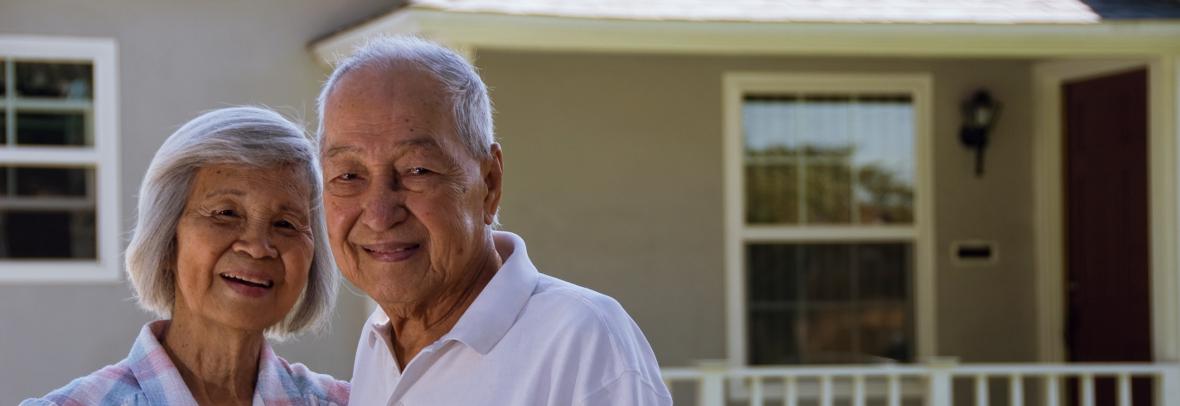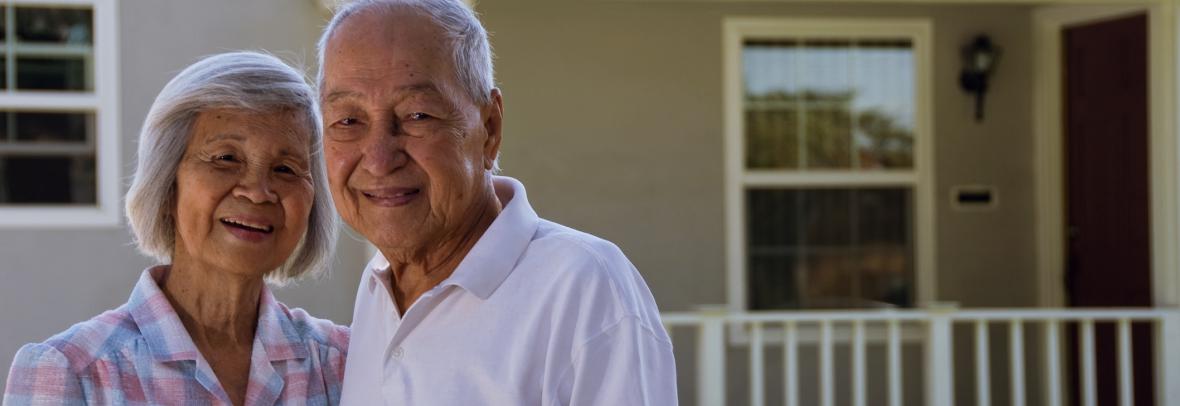
The HOA rules for a 55-plus community say homes may go to younger adults in accordance with federal rules. How is it 55-plus if they do that?
WEST PALM BEACH, Fla. – Question: Just over a year ago I moved into a 55-and-over community. I recently discovered in their HOA rules that the developer reserves the right to sell a limited number of homes to those under 55, but in accordance with Housing for Older Persons rules.
We already allow a second person living in the house to be under 55. This was mainly for the benefit of a spouse. I am concerned that with a housing slowdown they might be tempted to open up sales to much younger people. Your opinion on the legality of selling homes to people under 55? – B.S.
Dear B.S.: By way of summary for those who are not knowledgeable about how Housing for Older Persons works, Federal Law (specifically, the Fair Housing Act as it was amended in 1988) prohibits housing providers, like community associations, from discriminating against residents on the basis of “familial status” – effectively, having children.
There is an exception to this rule, however, for communities declared to be Housing For Older Persons (HFPA). There are two relevant types of HFPA that are found in typical residential communities – those intended and solely occupied by persons 62 years of age or older; and then communities like yours that are intended for occupancy (but not exclusive occupancy) by persons 55 years of age or older.
In order to qualify for a 55+ exemption, the community must adhere to policies and procedures that show it intends to be a 55+ community (usually, a specific provision in the declaration of covenants providing for such occupancy, along with other rules and practices that are consistent with the Act); and it must survey its residents to verify that it continues to be eligible to be a 55+ community (particularly, that at least 80% of the units have at least one occupant 55 years of age or older). Beyond that one age requirement, however, everything else is fair game.
Your developer can sell lots to younger persons with no issues, so long as that is allowed under the declaration. It just needs to make sure that at least 80% of the units are occupied by a person who is 55 or older. And, keep in mind this is totally separate from ownership – the important issue is residency. A young person could own a home in a HFOP community for their parents to live in and be entirely consistent with federal law.
The real question is, what does your declaration say about ownership and residency? So long as the community conforms to the basic federal law, everything else is allowed.
If the declaration expressly says that a certain number of homes can be sold to persons under 55, then it can. If the declaration has no restriction on ownership at all, but only restricts residency, that’s fine too. The declaration can do nearly anything, from allowing young persons to live in the community as long as it meets the minimum federal standard or banning residency by young persons entirely.
If the developer’s actions are consistent with both federal law and the declaration, there’s not a lot you can do. Yes, you bought a home in a 55+ community, but there are a lot of different types, and yours apparently allows ownership and residency by younger people in certain circumstances.
Copyright © 2023 The Palm Beach Post. Ryan Poliakoff, a partner at Backer Poliakoff & Foelster, LLP, is a board certified specialist in condominium and planned development law.
Go to Source
Author: kerrys



